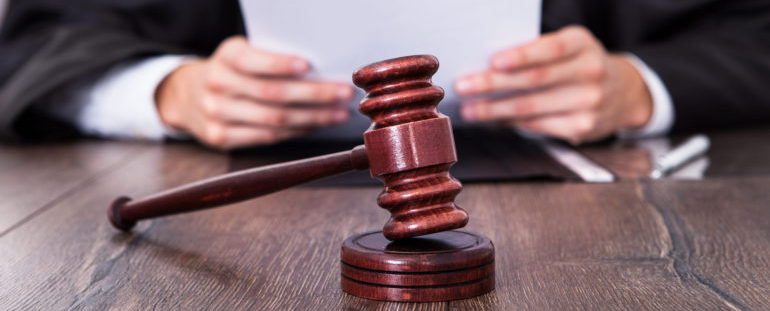
By David Majchrzak and Edward McIntyre
Issue:
Under what circumstances must judges disqualify themselves or make disclosures based on personal relationships?
Analysis:
Model Code of Judicial Conduct Rule 2.11 identifies situations where judges must disqualify themselves in proceedings because their impartiality might reasonably be questioned, including cases implicating some family and personal relationships. But it is silent regarding obligations imposed by other relationships. Judges need not disqualify themselves if a lawyer or party is an acquaintance, nor must they disclose acquaintanceships to the other lawyers or parties. What must be done when a party or lawyer is a friend or shares a close personal relationship with the judge depends on the circumstances, largely involving the closeness of the friendship and the affinity of the judge to the party or lawyer. Whether a friendship between a judge and a lawyer or party is so close that it requires the judge’s disqualification in the proceeding is essentially a question of degree. A judge should disclose to the other lawyers and parties in the proceeding information about a friendship with a lawyer or party “that the judge believes the parties or their lawyers might reasonably consider relevant to a possible motion for disqualification, even if the judge believes there is no basis for disqualification.” If, after disclosure, a party objects to the judge’s participation in the proceeding, the judge may either continue to preside over the proceeding or disqualify himself or herself. The judge should put the reasons for the judge’s decision to remain on the case or to disqualify himself or herself on the record. A judge must disqualify himself or herself when the judge has a romantic relationship with a lawyer or party in the proceeding, or desires or is pursuing such a relationship. Of course, disqualification may be waived in accordance and compliance with Rule 2.11(C) of the Model Code.
David Majchrzak and Edward McIntyre are co-editors of Ethics Quarterly.